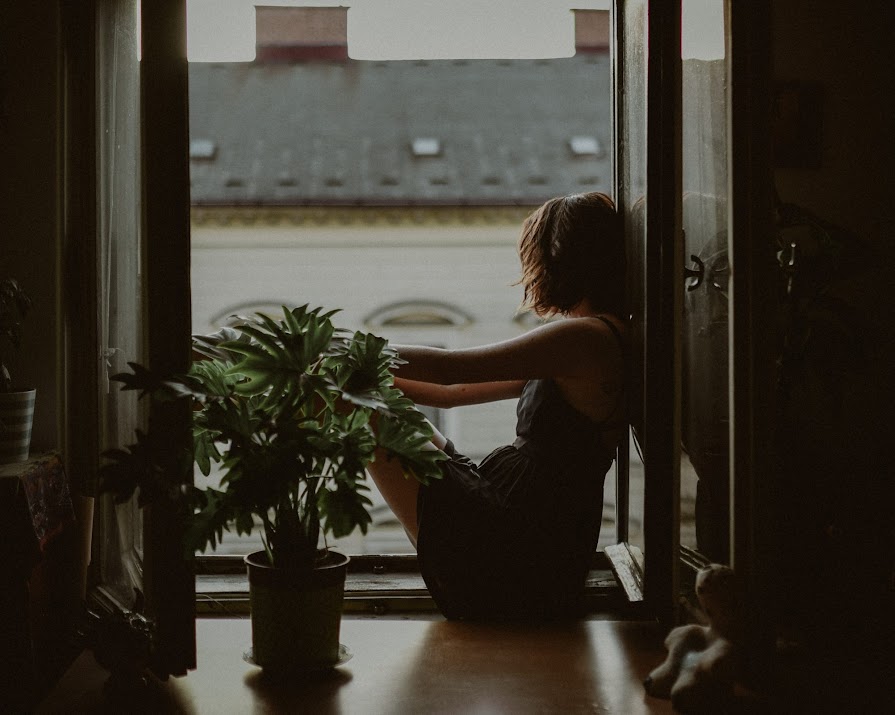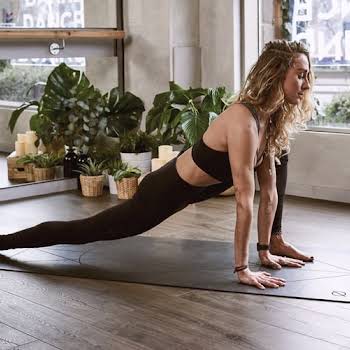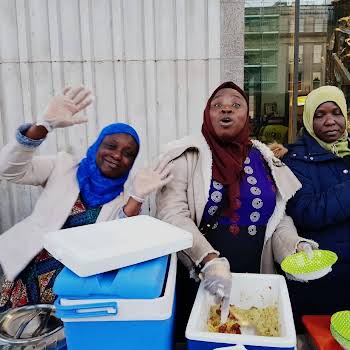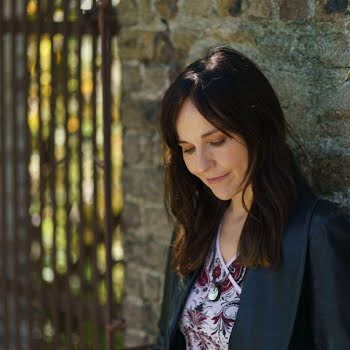Covid-19: Thousands more women contact domestic violence services
By Holly O'Neill
10th Nov 2020
10th Nov 2020
There has been a large increase in women seeking support from domestic violence services for the first time since the start of the pandemic according to a new report
In the first six months of the Covid-19 pandemic, more than 3,500 women contacted a domestic violence service for the first time.
These findings come from a report by Safe Ireland, a national agency which works with domestic violence agencies and have based the report on data collected from services nationwide.
The Tracking the Shadow of the Pandemic report says 3,450 women and 589 children sought support, equating to 19 women and three children every day. In this time, 33,941 helpline calls were answered across the country for an average of 184 calls every day. This is a large increase from 2018, where domestic violence services responded to an average of 147 calls a day.
Mary McDermott, co-chief executive of Safe Ireland, said: “The study exposes, yet again, patterns of domestic violence heightened by this pandemic. It also underscores the enormous strains that services throughout the country were under, and continue to endure, as they deal with the impact of lockdown two.”
The number of women accessing services decreased by 8 per cent between March and April as lockdown restrictions were put in place across Ireland and July and August were the busiest months for helpline calls. There were 191 women and 288 children staying in domestic violence accommodation, including refuge, safe homes and supported housing each month and 1,351 requests for refuge could not be met.
“The number of new women and children who came forward during the first lockdown is eye-opening and indicative of the depth of hidden abuse and trauma in this country,” said Ms McDermott. “Our member services have pulled out all the stops to respond to the increasing and complex needs of women and children since March. But this is on top of decades of coping with impossible conditions and demands. They are at breaking point now and can no longer be expected to work without clarity, without adequate resources and within an antiquated infrastructure.”
Photography by Unsplash.
Read more: Need some inspiration? 10 of Kamala Harris’ best quotes
Read more: 5 picks to binge on Netflix this November
Read more: Luxury lie-ins: Rixo launches pyjama and loungewear line























